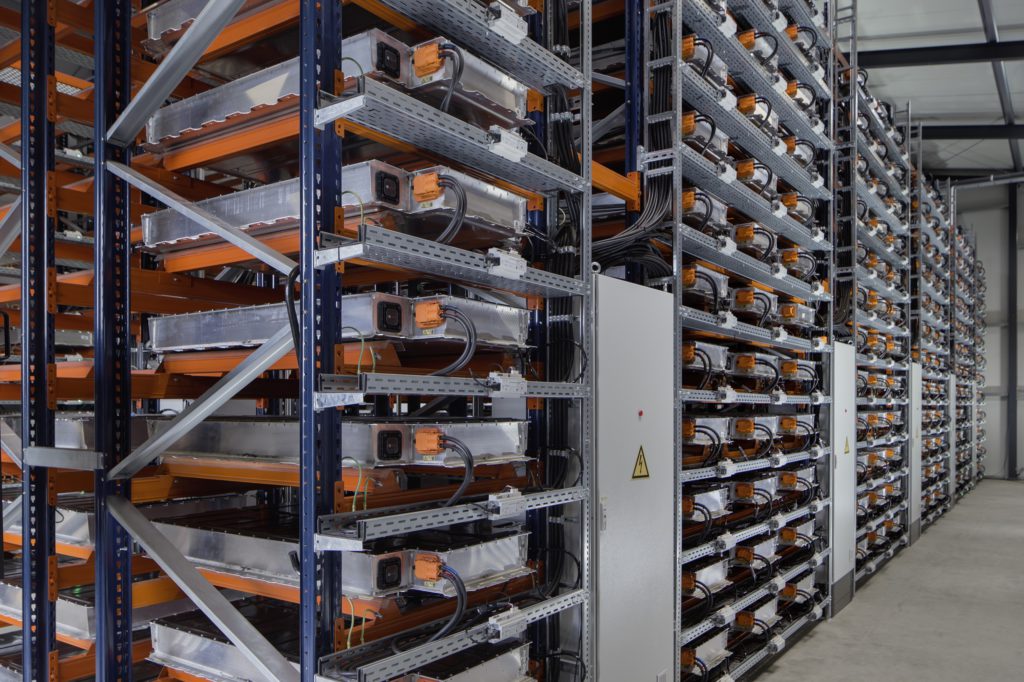BMW agrees EV battery deal with CATL as first plant to be built in Germany
10 July 2018

10 July 2018
BMW has said it plans to source €4 billion worth of battery cells from Chinese company Contemporary Amperex Technology (CATL) over the next five years.
The contract sees €1.5 billion worth of cells supplied from a new CATL plant to be built in Erfurt, East Germany. The rest will come from China. The new site in Germany will also supply CATL lithium-ion cells for use in battery packs for electric cars from other manufacturers as well.
The vehicle manufacturer is debating whether to begin production of battery cells itself. In the meantime, it will rely on an external provider while it looks to increase its portfolio of electric vehicles (EVs). The need for electrification to combat new CO2 targets means carmakers are needing to outsource supply to experts in the field.
CATL is BMW’s second battery supplier, and the company is talking to other manufacturers to secure a third supply, according to a spokesperson. In March, the company said it would increase spending on EV development to €7 billion in 2018, as it continues plans to bring 25 electrified models to market by 2025.
″We want to supply all the OEMs (manufacturers) in Europe,″ CATL Chairman Robin Zeng said. ″If the Thuringia [state] project is successful then we can consider other locations.″
The CATL factory will create about 600 jobs and reach production of 14-gigawatt hours (GWh) by 2022. CATL reached shipments of 12 GWh in 2017.
German Chancellor Angela Merkel said the CATL investment was a good step but said it did not rule out Europe eventually competing with the Chinese. ″If we could do it ourselves, then I would not be upset,″ Merkel said.
BMW is sourcing raw materials for the cells itself to pass to the battery makers, in particular, cobalt, and is currently negotiating long-term contracts. This means it has control of supply and can choose to award contracts to businesses and countries where child labour and inhumane conditions are ruled out.
BMW has no plans to jointly purchase cells with rival Daimler, according to the company, because of the competitive advantage that can be gained if batteries give a greater range or can be charged faster.
Daimler said its strategy was to buy components where they are produced. ″We welcome the decision of CATL to manufacture in Germany and are in talks regarding this,″ a spokesman said.
Ambitious plans for electric vehicle battery production have driven sharp price rises in recent years for lithium and cobalt, which is used to stabilise and extend the life of lithium-ion rechargeable batteries and has raised fears over the security of supply of those metals.
In March, Volkswagen (VW) signed an agreement with battery suppliers in Asia and Europe for its push into the EV market, while Jaguar Land Rover (JLR) is working with the UK Government to develop a battery hub in the UK.